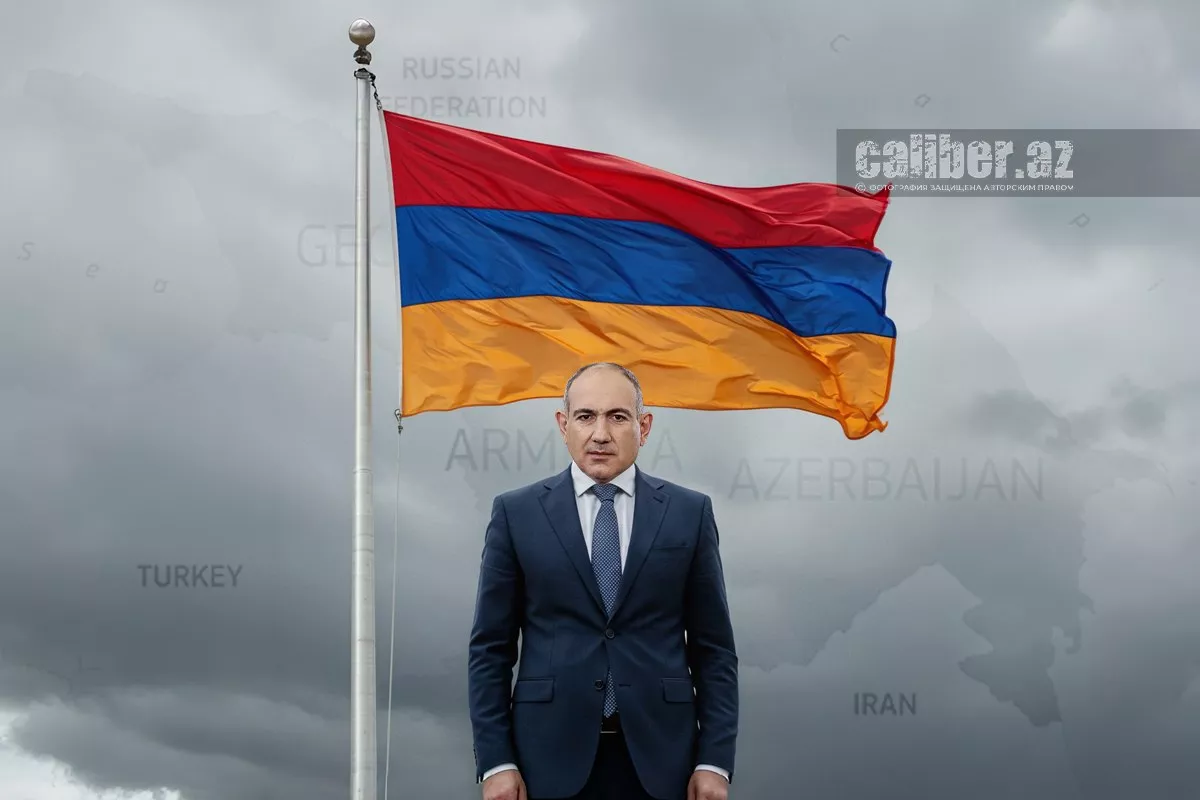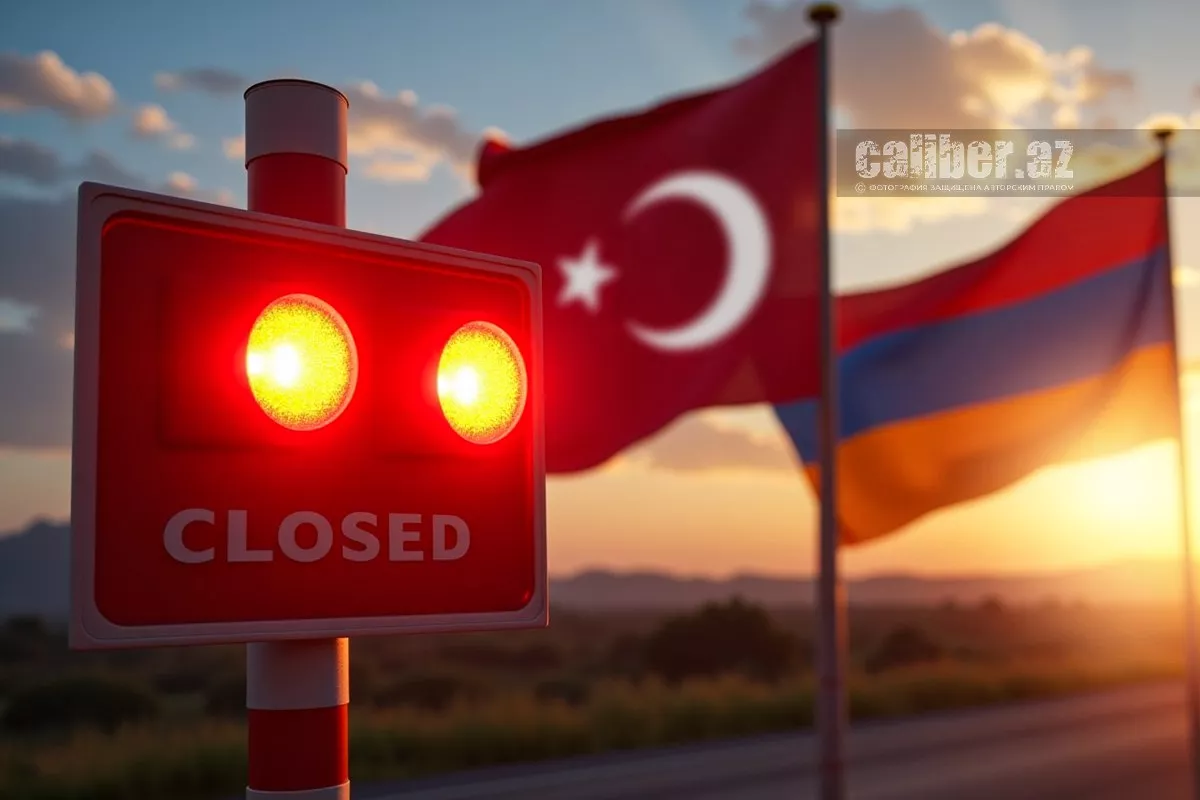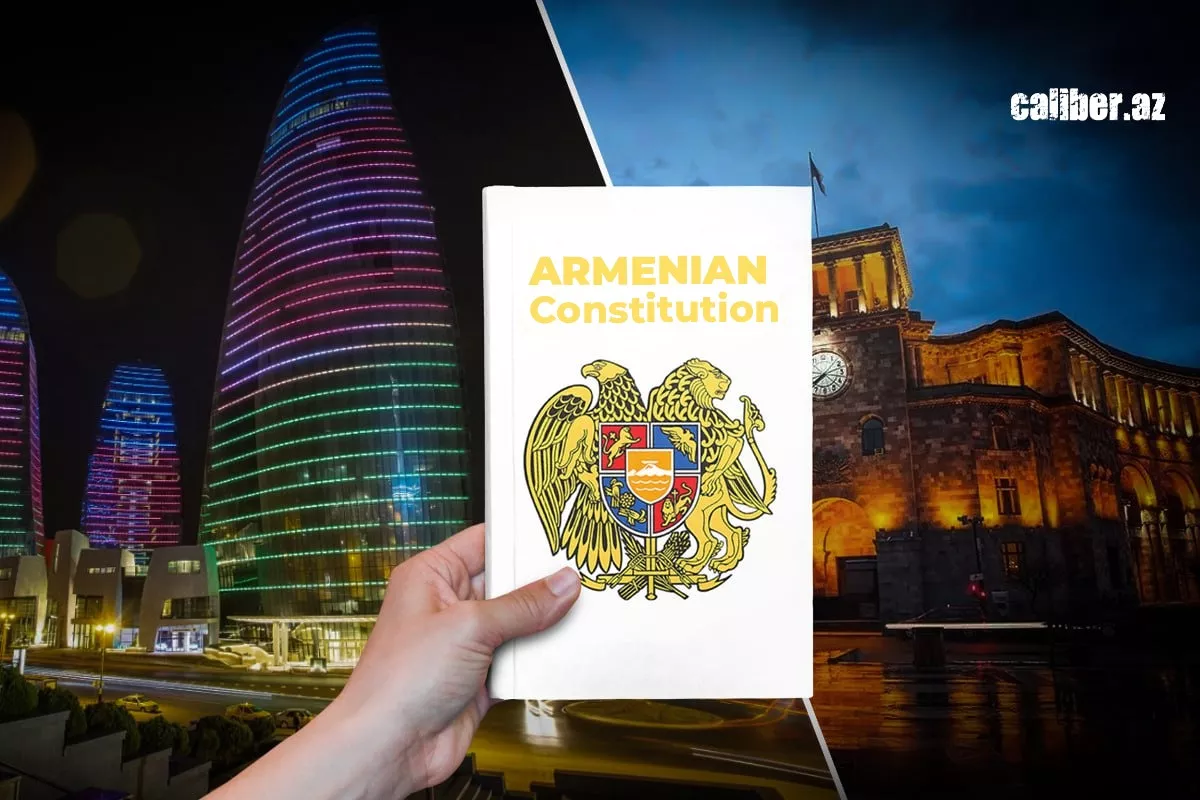What’s behind the Armenian prime minister’s trip to Türkiye? Pashinyan and the myth of a new era
On the Armenian Telegram propaganda front, there has been yet another wave of “profound analysis.” Supporters are eagerly portraying Nikol Pashinyan’s visit to Türkiye as a geopolitical breakthrough, a strategic masterstroke, and a symbol of a “new era” — almost presenting it as an act of peacemaking. In reality, however, this is a textbook example of information spin designed to bolster the Armenian Prime Minister, creating a sort of “constructed virtual reality.”
To be more precise, the expected fanfare came from the pro-Pashinyan Telegram channel “Baghramyan 26,” which released a rather telling statement: “Against the backdrop of the changing reality in the region, where the confrontation between Iran and Israel threatens unpredictable consequences, the visit is aimed at strengthening stability in the security system around Armenia.”
The authors of this piece earnestly try to convince their readers that Pashinyan is “capable of strengthening Armenia’s stability and security, while having little to no sobering effect on Israel and Iran at the same time.”
Armenian audiences are also fed the narrative that “Pashinyan is the architect of stability, skillfully navigating regional storms and ushering in an era of direct diplomacy without intermediaries.”

But the reality is quite different. Armenia itself is not a neutral player or even a mere intermediary—it is a pawn in the hands of external powers, manipulated according to their shifting interests. The visit to Türkiye was not an act of bold leadership but rather a demonstration of submission: “Look, we are cooperative! We’re ready to talk! Now, please let us into the grown-ups’ room…”
This trip to Ankara was not primarily aimed at the Turks or even the Azerbaijanis. The main audience for this message is the European and American handlers demanding “positive developments” from Yerevan. They want photo ops, headlines about a “thaw,” and buzzword-filled statements about “mutual respect” and “open borders.”

Truly, the following phrase, crafted by Pashinyan’s information handlers, sounds like a small dog barking at an elephant: “In the end, if Türkiye does not give an unequivocal and clear signal recognizing Armenia’s independence, security, and territorial integrity as fundamental and indisputable conditions, and if it does not refrain from supporting Azerbaijan’s escalation ambitions, any dialogue will remain unfinished.”
Everyone clearly remembers that the current Armenian leadership never intended to take genuine steps toward a peaceful and just resolution of the conflict with Azerbaijan. No one has forgotten how Pashinyan shouted in the then-occupied Khankendi: “Karabakh is Armenia, period,” and how official Yerevan continued to provide political, economic, and military support to the Karabakh separatists—even after the 44-day war, during which rocket attacks on peaceful Azerbaijani cities caused the deaths and injuries of women, children, and the elderly.
Thus, it is an indisputable fact that Azerbaijan has fully restored its sovereignty and territorial integrity despite the plans of Armenia and its patrons. And now, with new geopolitical realities having formed, the Armenian Prime Minister and his team desperately try to portray a “desire for peace” with Azerbaijan and Türkiye, even though the Armenian leadership has no real agency.
Armenian-Turkish relations do not depend on pretty words in opinion columns; they are directly linked to concrete steps taken by the Armenian leadership, primarily the fulfilment by Armenia of conditions long stated by official Baku. These are:
-
A legal rejection of the Minsk Group’s services and all attempts at international revenge under its cover. This structure has long lost its relevance but still appears in the rhetoric of certain circles in Yerevan.
-
Amendments to the Constitution of the Republic of Armenia, which is quite logical and justified, since it still contains territorial claims not only against Azerbaijan but also against Türkiye.

And until Armenia rids itself of these remnants of imperial thinking, talking about any real trust or a restart is impossible, and no visits, statements, or publications in the style of “let’s live in harmony” will bring results.
Moreover, all attempts to present Yerevan’s steps as a “peacekeeping initiative” are nothing more than a smokescreen hiding confusion, dependency, and a lack of a clear strategy. Yes, exactly that. Want some facts? Here you go: Armenia’s economic problems are snowballing, including amid the confrontation between Israel and Iran; Pashinyan’s approval rating — who is in a severe conflict with the Armenian Church led by Catholicos Garegin II — is relentlessly declining. Furthermore, the arrest of Russian billionaire of Armenian origin Samvel Karapetyan has led to an increase in dissatisfaction with the current government and has become another irritant in Armenian-Russian relations.
Put simply, the Prime Minister is losing on all fronts. And his only remaining hope is the Western handlers. But they need to be shown a picture of “positive and peaceful steps by official Yerevan.” That is why Pashinyan went to Türkiye, and the propaganda machinery of his media handlers is meant to create a smokescreen so that the true state of affairs cannot be seen behind it. Funny? — Yes. Ridiculous? — Absolutely. But they are no longer capable of coming up with anything else.








